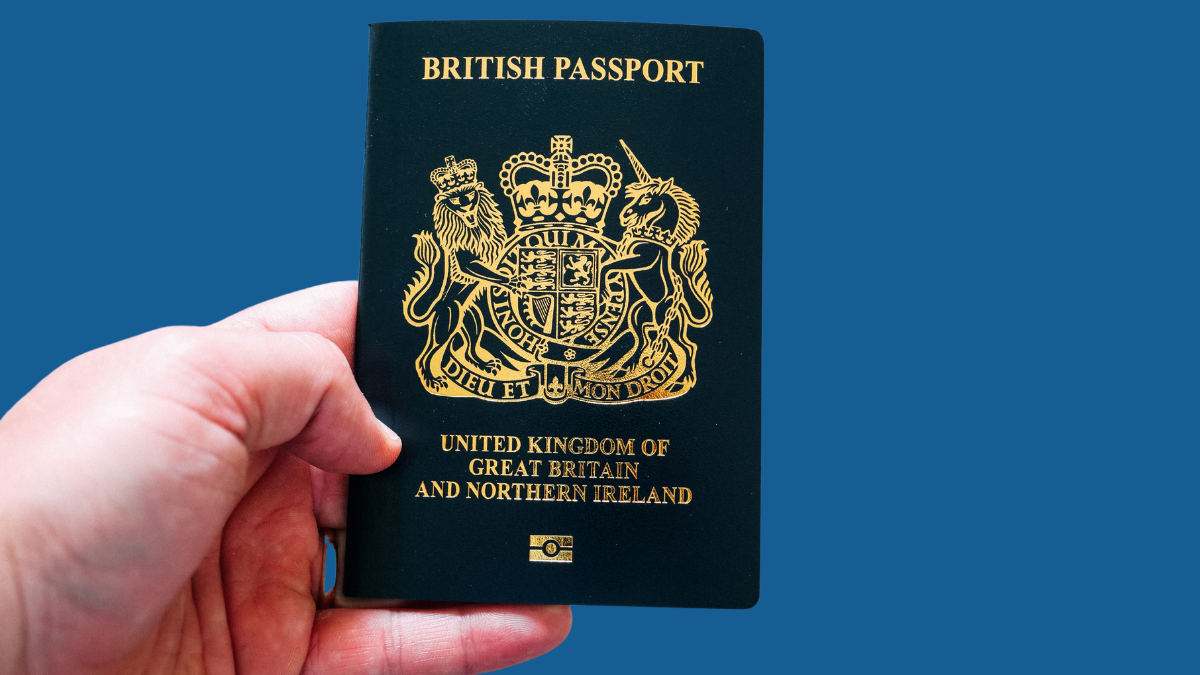A lot has happened in the past 11 months that it’s easy to forget about Brexit. Of course, the standstill at Dover’s port brought all the emotions flooding back. Yes, when you finally can book a holiday again, you’ll have to deal with the inevitable headaches at the borders.
There are several ways to try and limit the stress, but the easiest one is to keep hold of a European passport. Then, you can come and go as you please without having to fret. Even better, some countries have flexible rules regarding citizenship.
So, here are four nations you can apply to and why.
Republic of Ireland
Ireland is probably the most notorious example. Why? Firstly, it’s because of the link between Irish immigration and the UK, which led to millions of people laying down their roots, especially in the North West. As a result, Irish citizenship isn’t a pipe dream for lots of people – it’s a reality. Secondly, you don’t need to have lived in the country to be eligible for residency or citizenship. Instead, you can have a grandparent who is from the country. This makes the odds of your application being accepted much higher, hence why so many Brits have been doing it lately!
Portugal
Sure, you’re less likely to have Portuguese roots than Irish roots. Still, that shouldn’t prevent you from researching your history and trying your luck. For starters, similar to the Irish Republic, it grants citizenship to people who can prove they have a Portuguese grandparent. Also, you can have dual nationality, so you won’t need to pledge allegiance to their flag. If that isn’t enough, the government has already said entry requirements for British travellers will be easy, regardless of a deal. Therefore, Portugal could be more sympathetic.
Italy
Italy has the same rule regarding citizenship and parents, yet it has an important distinction – the rules technically let you go further back. The key is to prove your right of bloodline on your father’s side. By doing this back to 1861, when Italy first became a nation, you are eligible to apply for a passport. There are caveats – you must prove the line wasn’t interrupted, i.e. no one gave up their Italian roots. Alternatively, you are applicable through naturalisation if you’ve been married to a national for two years in Italy, or three outside of it.
Germany
Germany is last on the list as it has stricter rules. Still, there are two factors worth considering. The first naturalisation via residence, which is only six years if you work for a charity and speak excellent German. Around 100,000 Brits are living in Germany, so this might apply. The second are the “ius sanguinis” and “ius soli” rules. The former relates to generational citizenship, which means it passes down through the generations regardless of where you were born. The latter applies to anyone born in the country, who automatically qualifies for a German passport, irrespective of their parents’ nationality.
It’s not the simplest of ways to retain an EU passport, yet if you can pull it off, you’ll save yourself a world of pain when the right to travel resumes.



No comments yet. Be the first one to leave a thought.